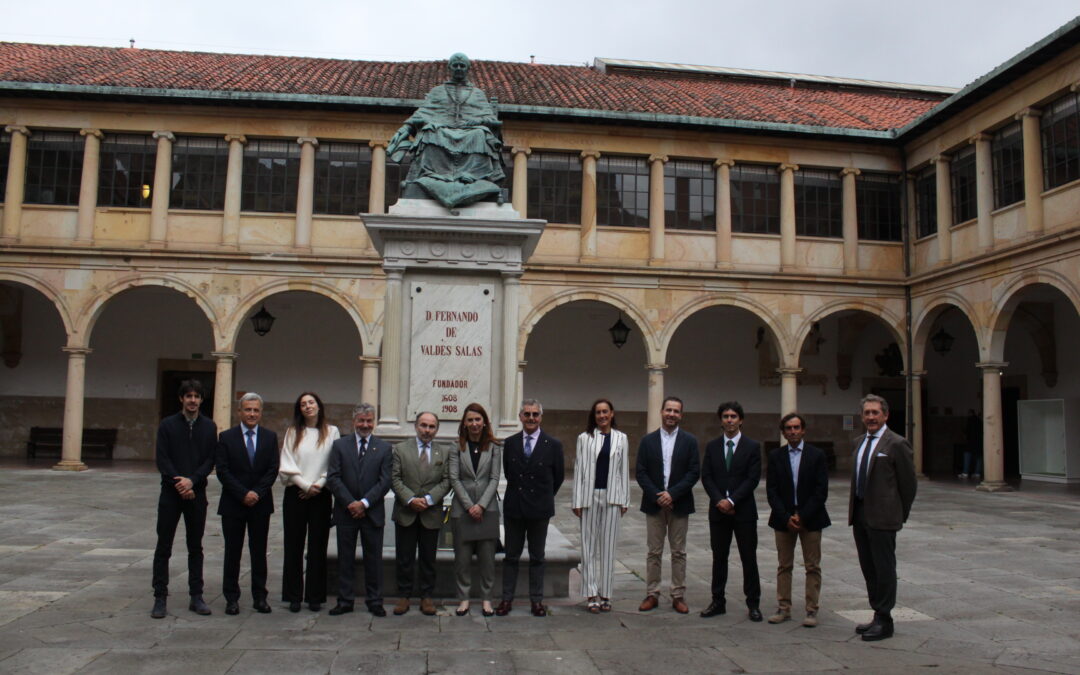The award-winning paper is signed, as first author, by Dr. Juan del Coso Garrigós, from the Universidad Rey Juan Carlos, and reveals that the ‘ACTN3 XX’ genotype negatively affects running performance and increases the incidence of muscle injuries in La Liga players. The authors of the first prize-winning work have studied in a very large number of professional football players, up to 315, the possible influence of a gene (ACTN3) on physical performance and the incidence of injuries and have shown that, in players who have a certain polymorphism of this gene, physical performance is lower and the incidence of injuries is higher. This finding may be of great importance in the individualisation of injury prevention programmes and in physical preparation plans or match rotations. This research has been coordinated by Dr. Juan del Coso Garrigós, from the Universidad Rey Juan Carlos de Madrid, and its authors include specialists from Fútbol Club Barcelona, Elche Club de Fútbol, La Liga Profesional and the Universidad Miguel Hernández de Elche.
The second prize went to the study entitled Combination of intrameniscal and intra-articular platelet-rich plasma infiltrations as conservative treatment for meniscal lesions in adults: an observational study with real-world data. In this study, the efficacy of the application of Platelet Rich Plasma (PRP), colloquially known as growth factors, in meniscal tears has been evaluated, assessing the failure rate and evolution of these lesions. The results have shown that infiltrations into the torn meniscus and into the joint with growth factors can constitute a valid conservative treatment for meniscal injuries, thus avoiding the need for surgical intervention and improving symptomatology. This research has been presented by a team from the Vithas Hospital in Vitoria, coordinated by Dr. Mikel Sánchez Álvarez, from the Arthroscopic Surgery Unit of this hospital in Alava.
Third place went to the study ‘Impact of different volumes of high-intensity intervallic aerobic physical exercise on vascular-endothelial function in patients after myocardial infarction’. The authors of this research have conducted a clinical trial in 86 men and women who have suffered an acute myocardial infarction and have undergone high-intensity physical exercise. Although the importance of supervised and individualised physical exercise in both the prevention and rehabilitation of cardiovascular conditions (myocardial infarction, hypertension, arteriosclerosis or dyslipidaemia) is well known, the results of this study have shown that introducing high-intensity physical exercise at 4-minute intervals in cardiac rehabilitation into standard protocols is beneficial, even at low volume, less than 10 minutes per session. Research has shown that this results in an adaptation of vascular endothelial function leading to a reduction in the recurrence of acute myocardial infarction and the risk of cardiovascular disease. This study, carried out in collaboration between the Health Service of the Principality of Asturias and the University of the Basque Country, was coordinated by Dr. Rodrigo Aispuru Lanche, from the Pola de Siero Health Centre.

